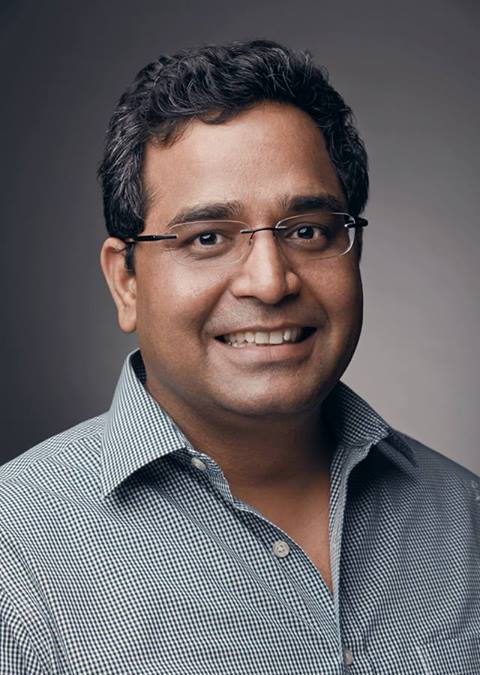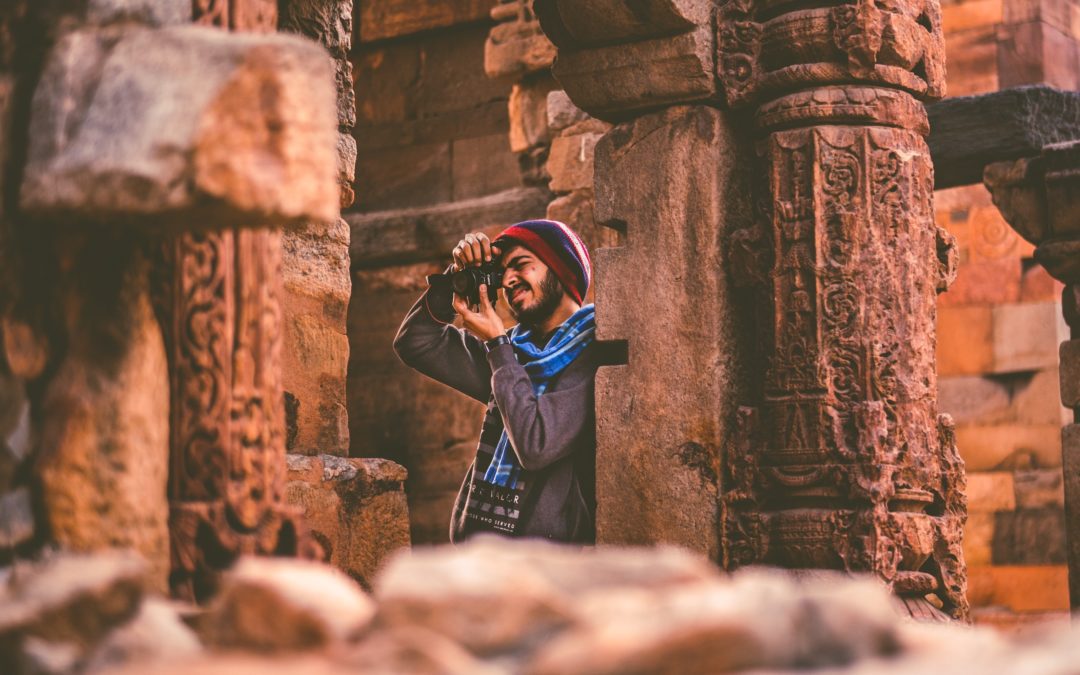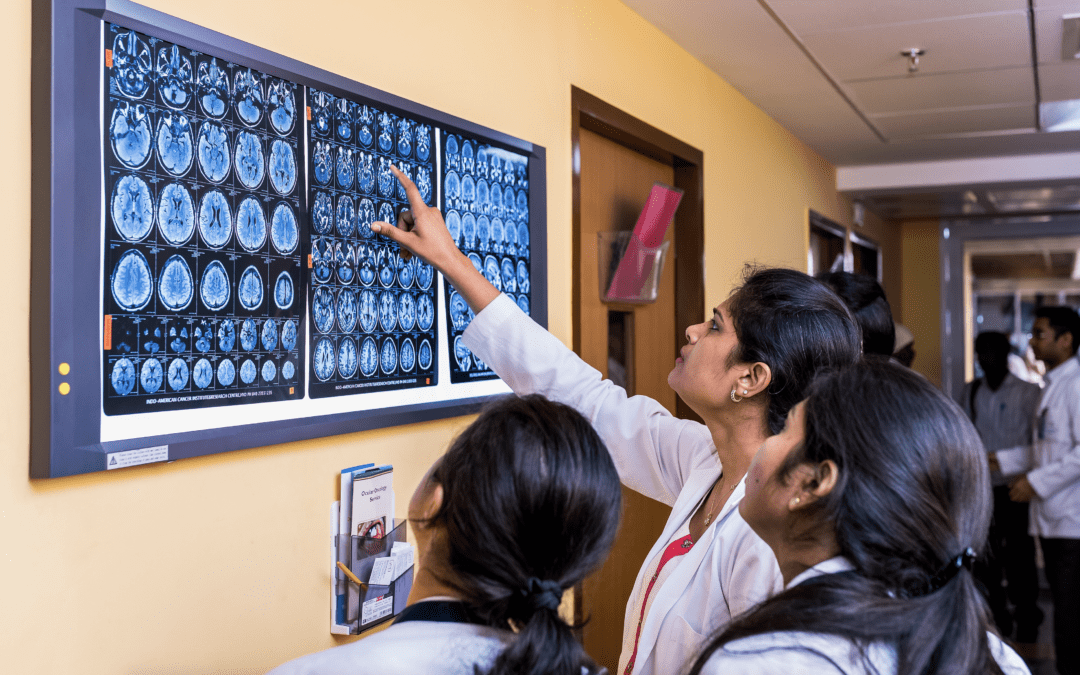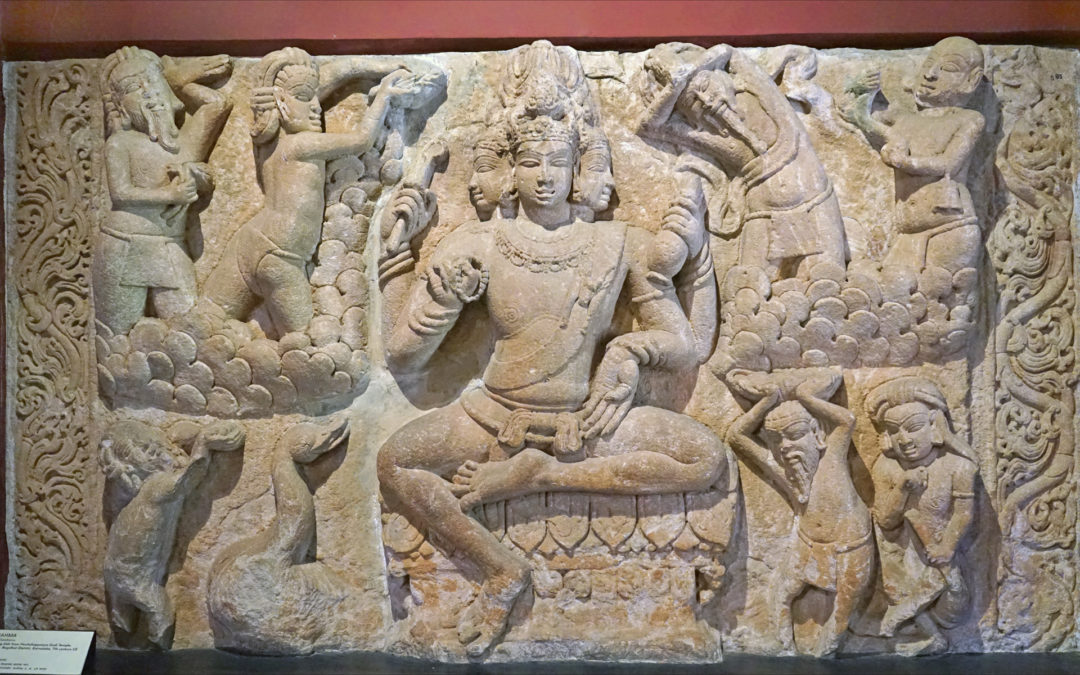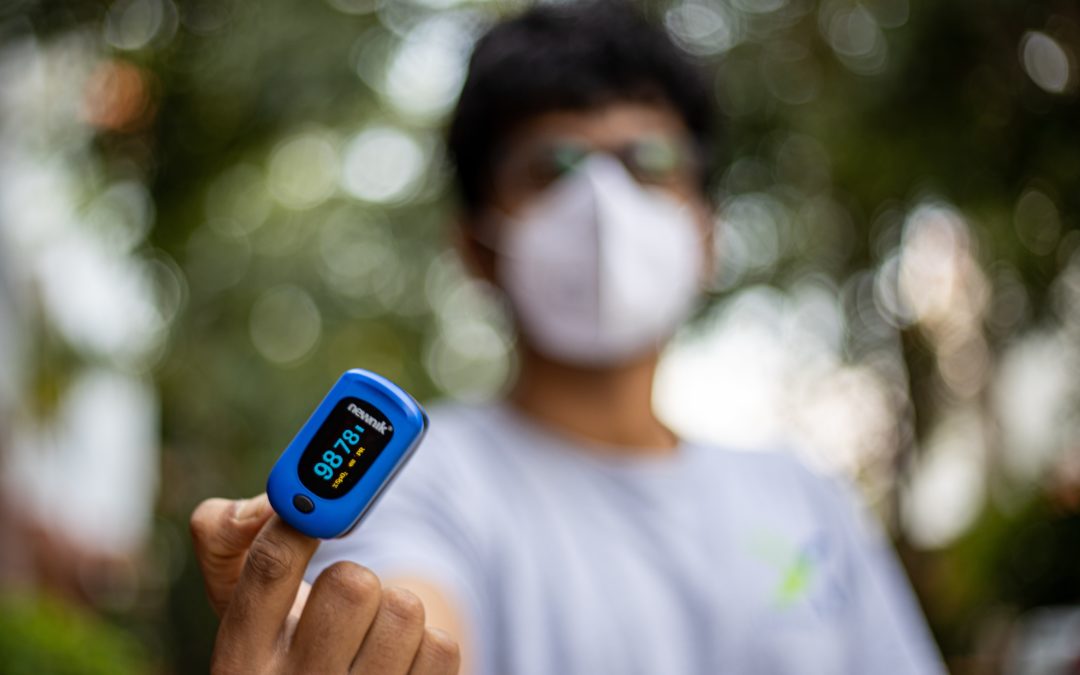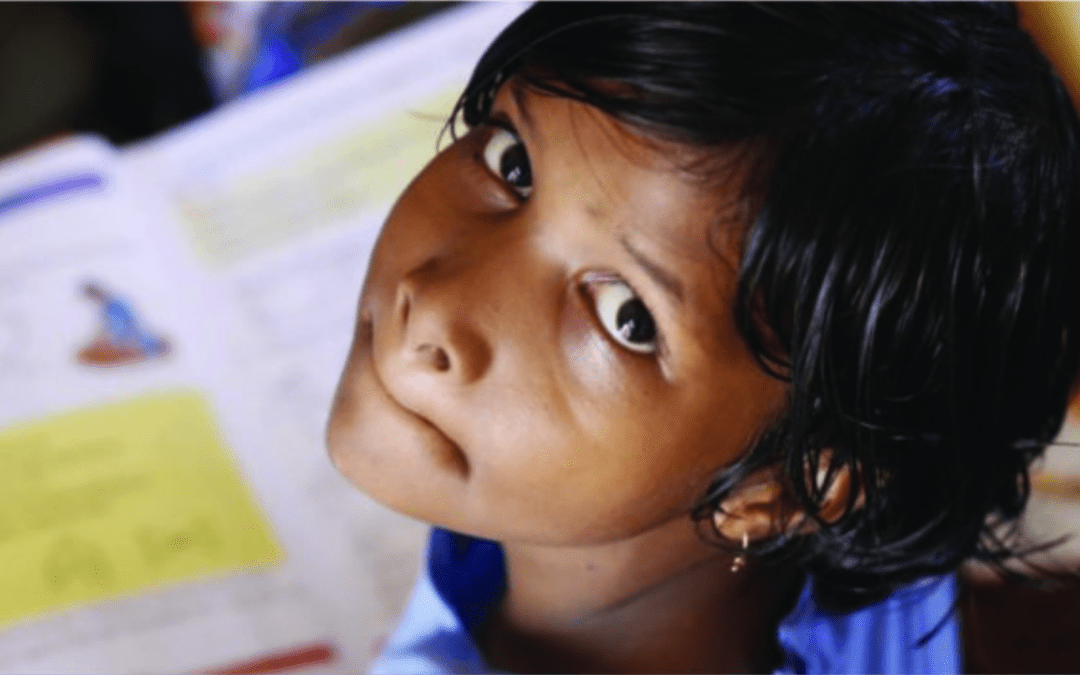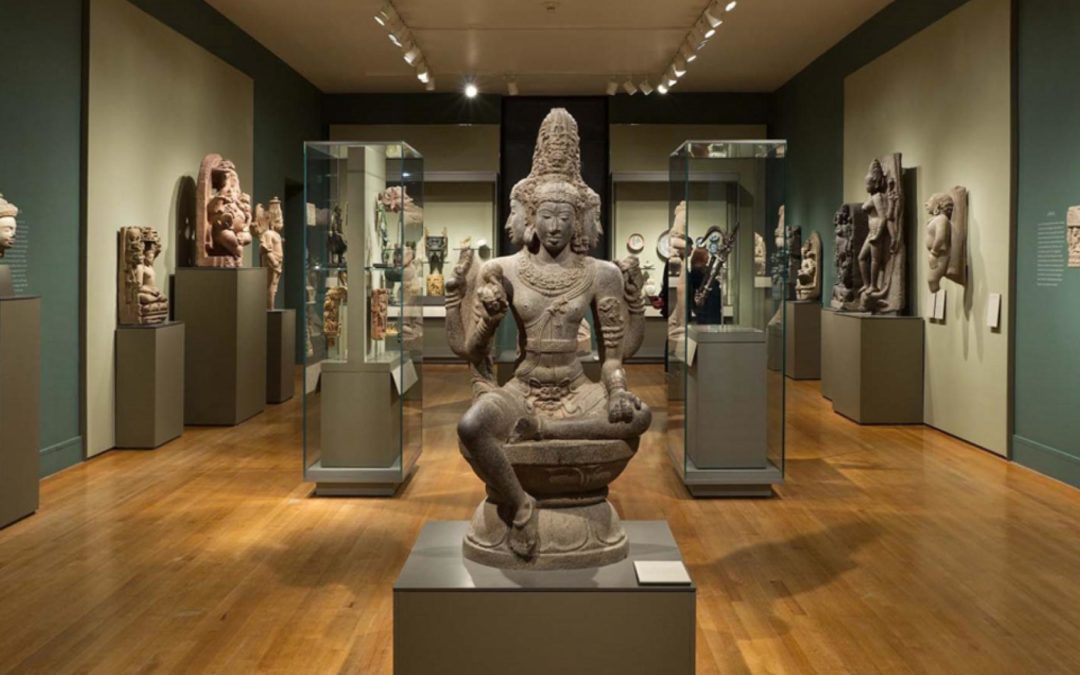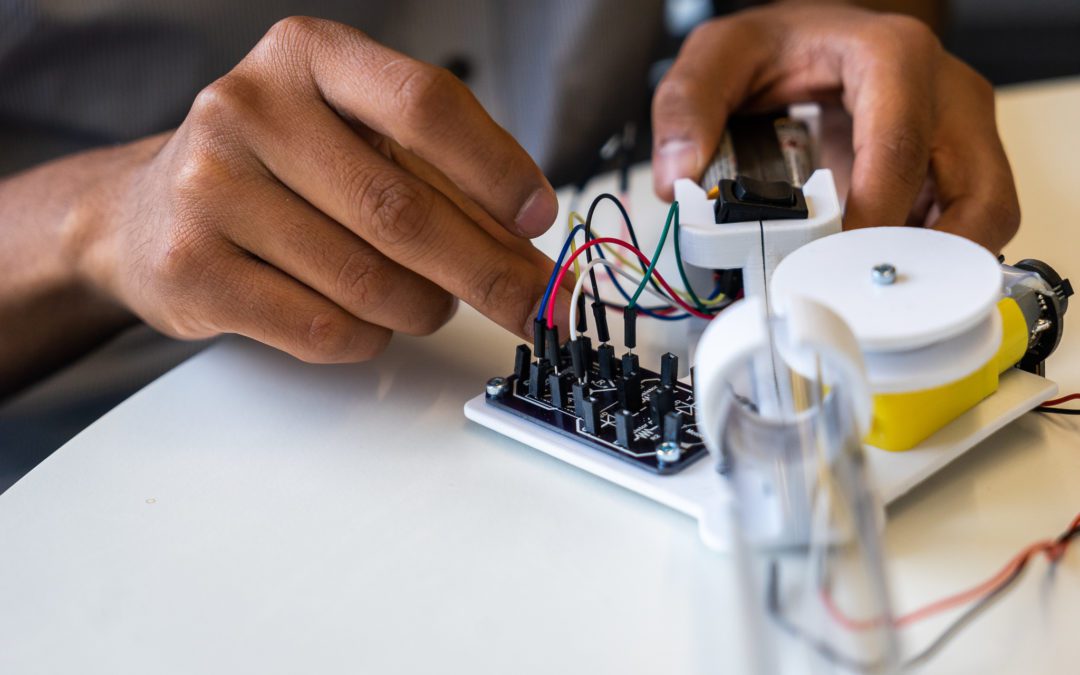Visiting Artist Fellows: Nora Schultz Teaches Studio Language

Due to COVID-related programming changes this year, our 2020–2021 Visiting Artist Fellowship was reimagined, bringing 13 of the top applicants from India, Bangladesh, Pakistan, and Nepal to the virtual world for a series of four online virtual seminars curated to support the artists’ long-term practice. In these courses, the artists participate in thought-provoking discussions with their peers and the faculty member facilitating the class. Centering on art history, creative writing, urban design, and more, the artists will learn using Harvard’s intellectual and creative resources.

